Applying finish to exterior wood that hasn’t fully dried is one of the most common (and costly) mistakes in outdoor projects.
Whether you're working on a deck, fence, or siding, too much moisture in the wood can lead to peeling, poor absorption, patchy colour, and long-term damage.
In this post, we’ll show you how to tell if your wood is ready for finishing—and what can go wrong if you skip this crucial step.
Ideal Moisture Levels for Exterior Wood
When using a hardwax-oil finish on exterior wood, the ideal moisture content should fall between 12–18%. This range ensures proper absorption and long-term durability. If the wood has more than 20% moisture, it’s too wet to finish safely. Before you begin, use a simple wood moisture meter to check your surface and make sure it’s ready.
So, what happens if you apply Osmo on wood that's too wet?
1. Poor Absorption and Adhesion
Hardwax-oils like Osmo, need to soak into the wood fibres to protect properly. If the wood is too wet, the water inside the wood blocks the oil from penetrating.
Result: The finish sits on top instead of bonding inside the wood — leading to peeling, flaking, or patchy protection.
2. Cloudy or Blotchy Finish
Moisture can cause the hardwax-oil to dry unevenly or look cloudy.
Result: The surface may look cloudy, dull, or have uneven sheen levels.
3. Shortened Finish Life
Even if it looks OK at first, finishes applied to wet wood fail much faster.
Result: You’ll need to sand, strip, and refinish the surface way sooner than normal — wasting time and money.
The golden rule
Wet wood = poor finish, hidden damage, and early failure.
Dry wood = strong bond, deep protection, and a beautiful, long-lasting result.

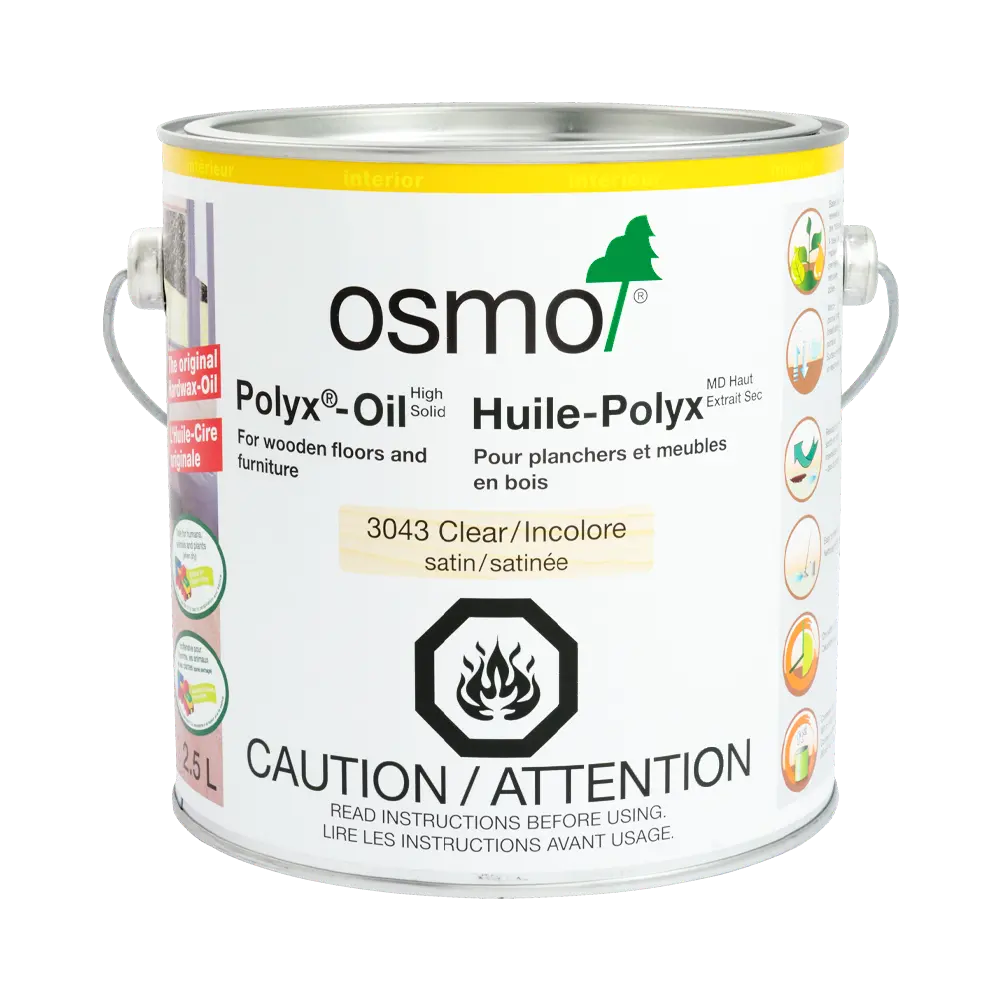
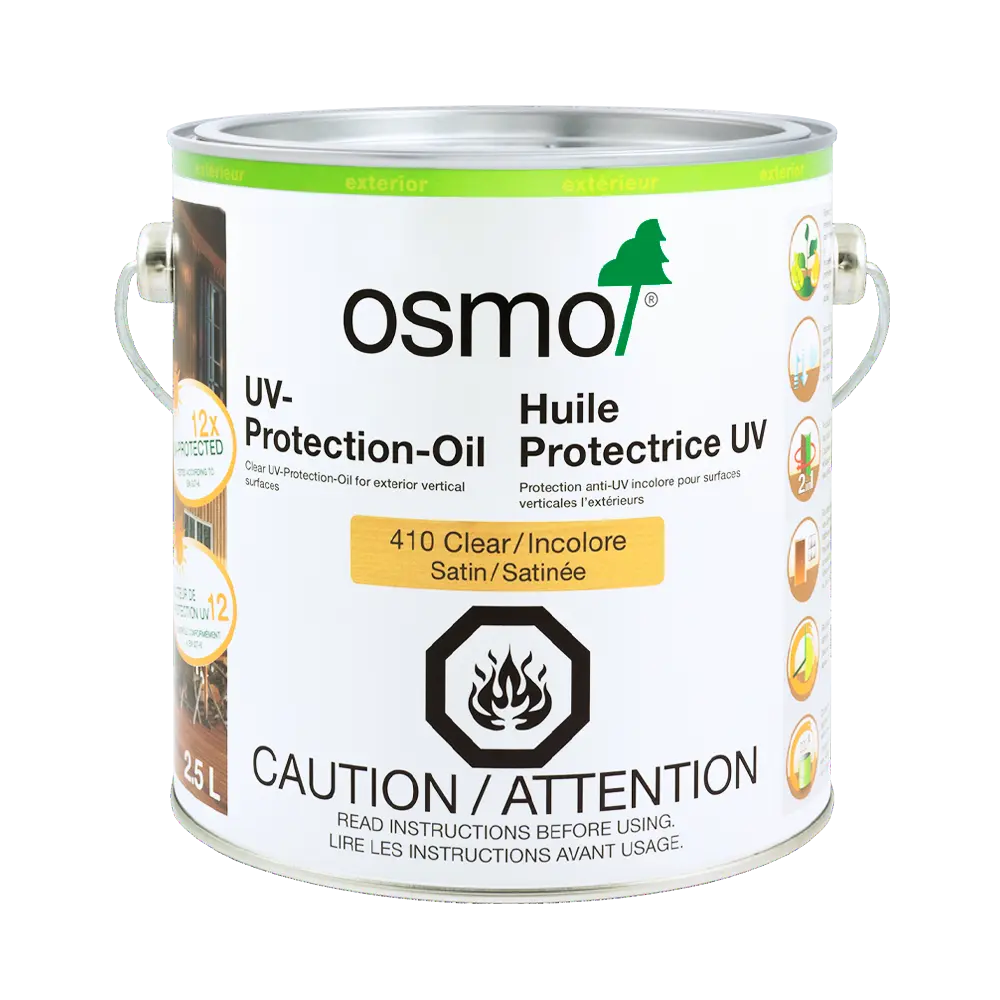
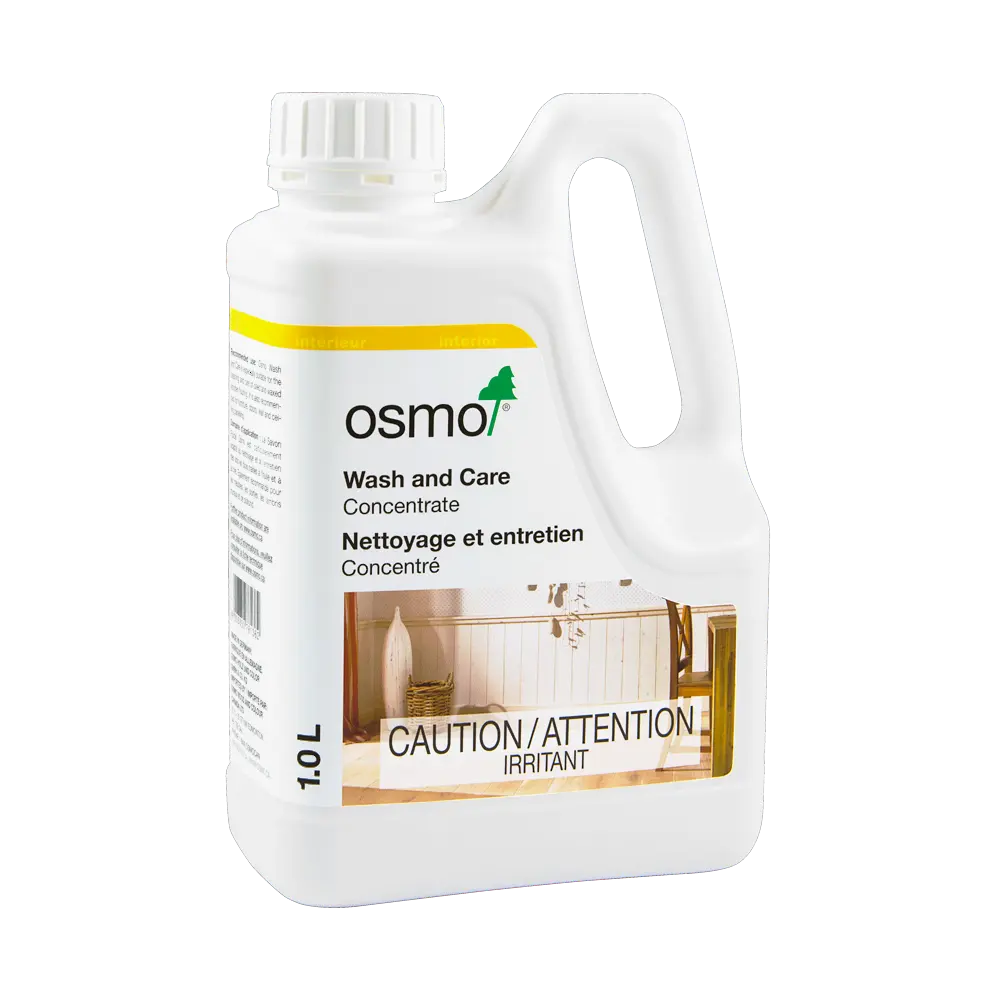
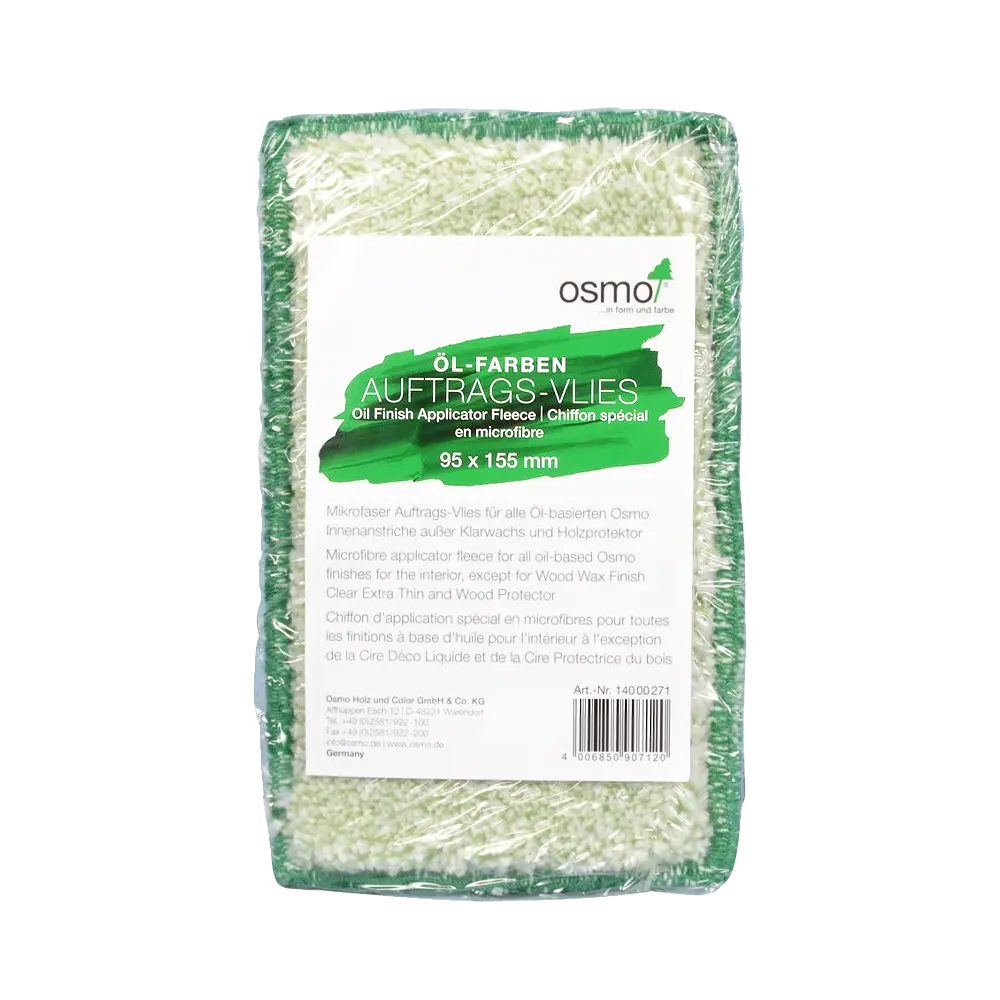
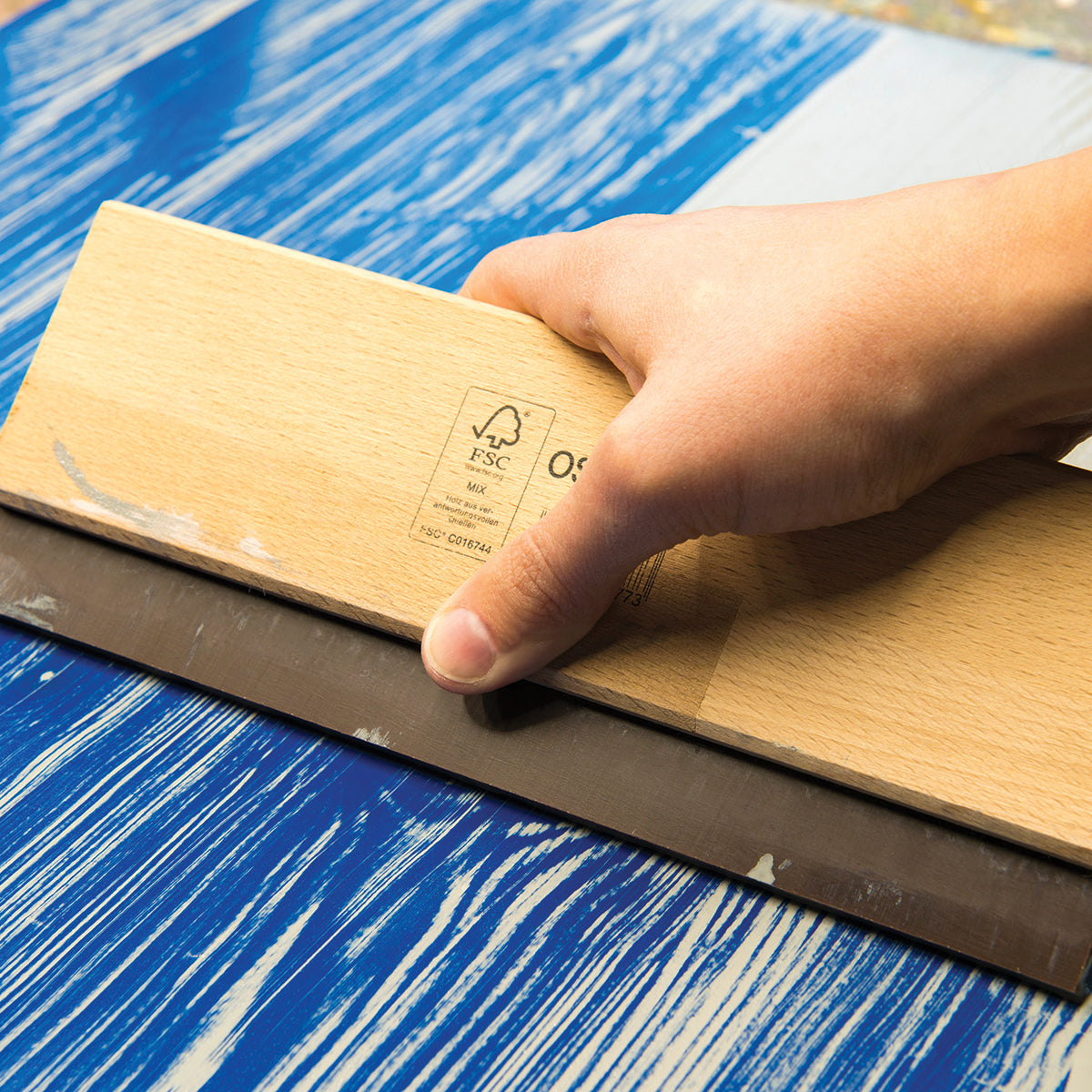
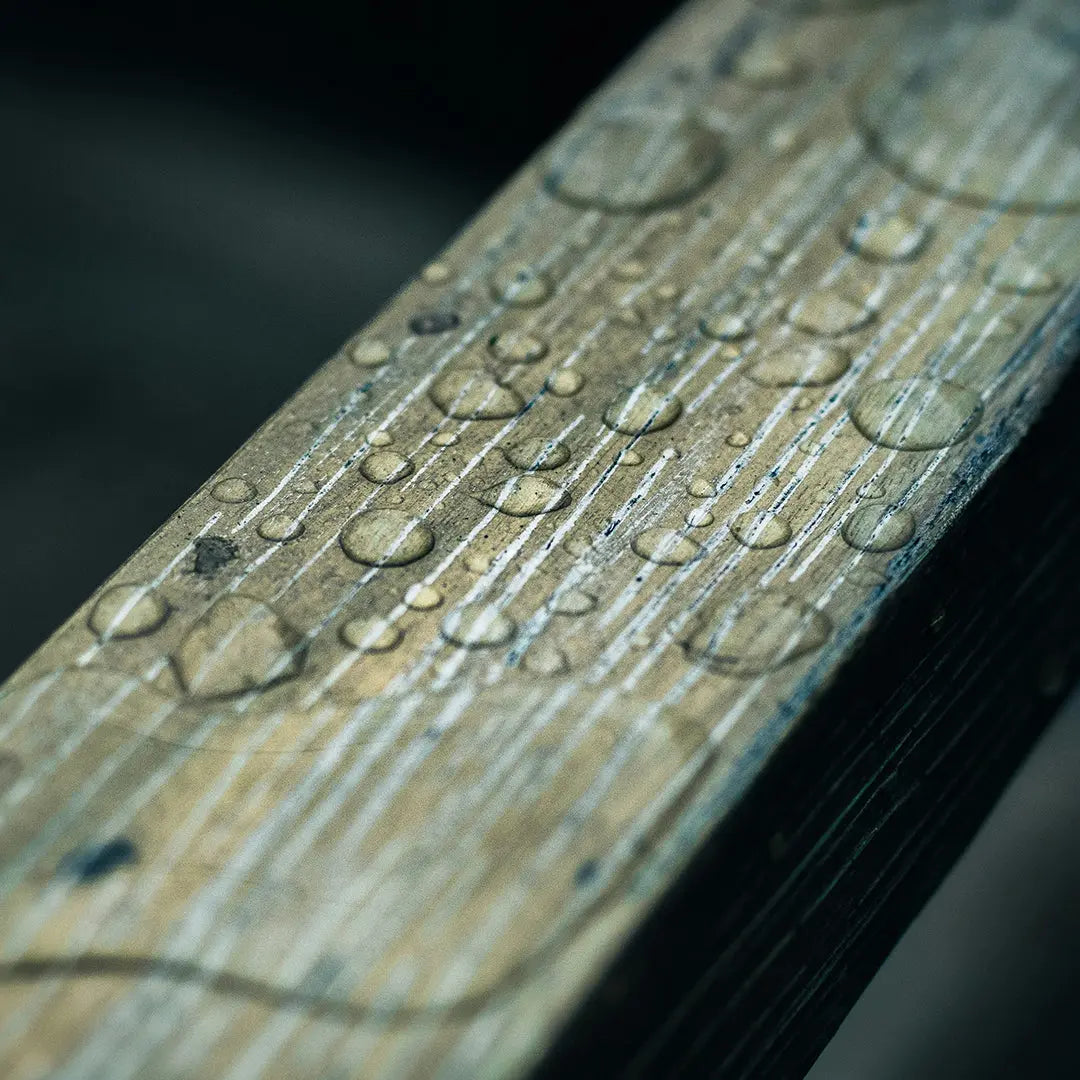

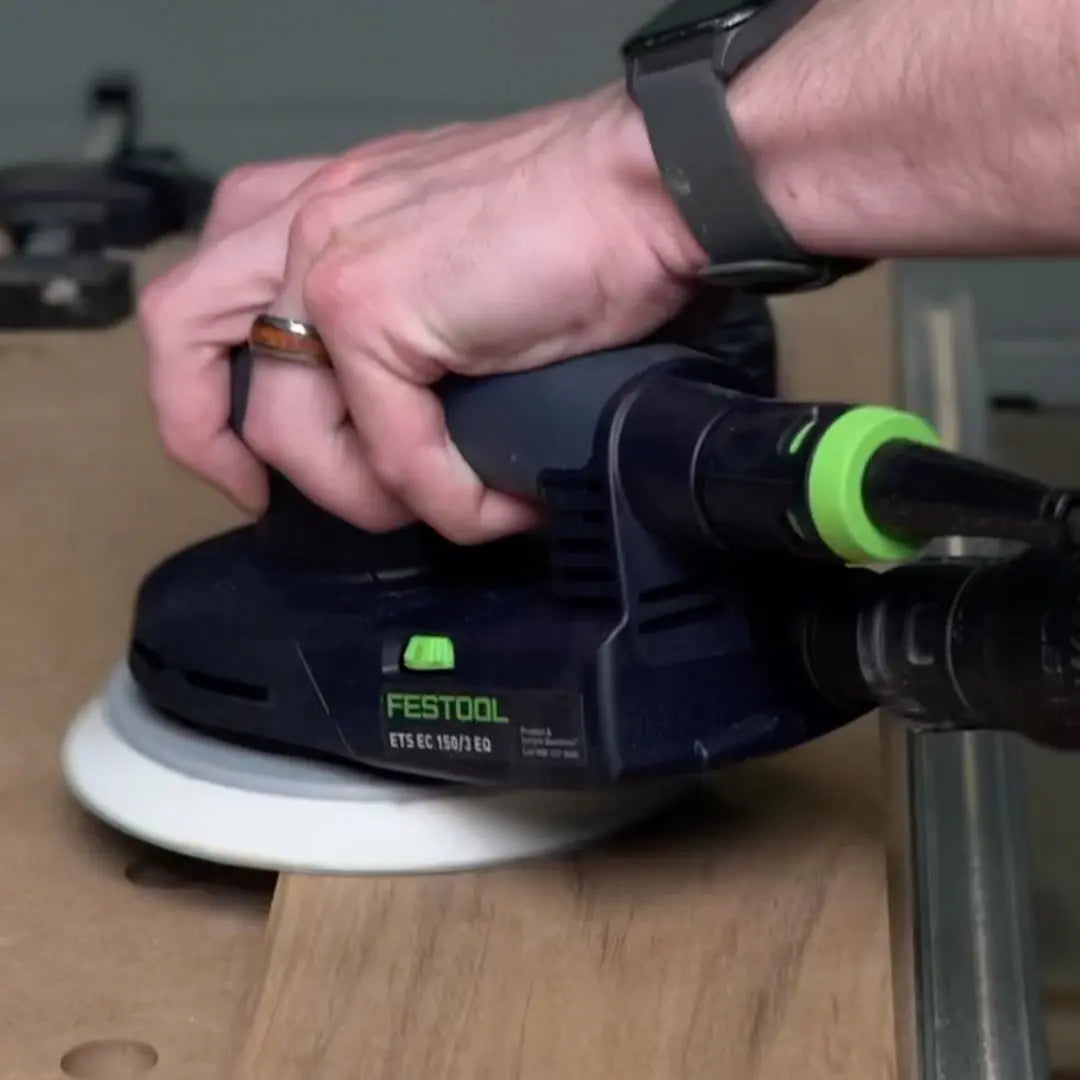

Leave a comment
This site is protected by hCaptcha and the hCaptcha Privacy Policy and Terms of Service apply.